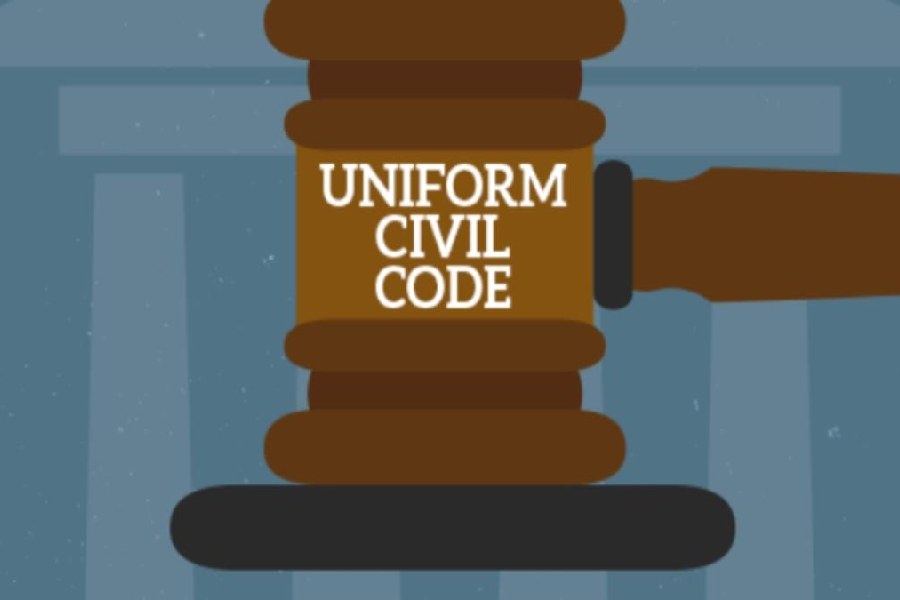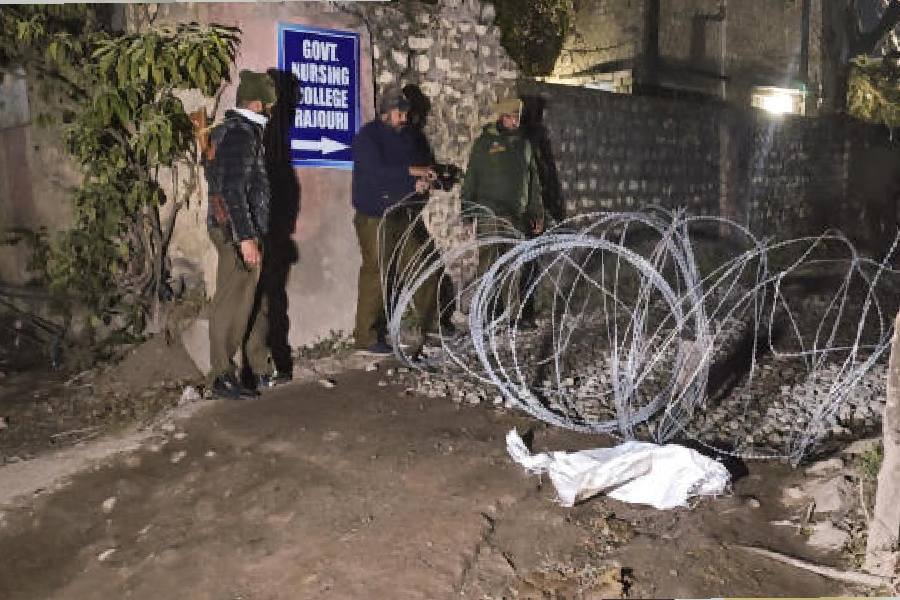If a uniform civil code is to be desirable in a country like India, with pronounced diversities, it should be formulated with sensitiveness, perhaps drawing the best from systems prevalent in different communities, based on extensive discussions and adjustments. It should not give the impression of having steamrolled different customs in favour of one community. As Uttarakhand prepares to implement the state UCC by the end of January, the chief minister has said that it was not against anybody, while the minority community claimed that it went against its traditional practices. The UCC does away with polygamy, polyandry, iddat, halala and talaq and has four main sections: marriage, divorce, live-in relationships and inheritance. A UCC, it is often argued, is meant to be a progressive move; as such it makes men and women equal in inheritance rights. What is puzzling, though, is that in spite of the attention given to easing registration on the UCC portal for people from rural areas, tribal people have been left out of the UCC’s purview. If removing all traditional practices of minority communities is seen as divisive, this is equally so: it singles out tribal communities for special treatment. Their traditional practices will not be touched.
The emphasis of the UCC is on registration, always with Aadhaar details and photographs. Births, for example, must be registered within seven days of the birth certificate being given while witnesses to wills will be recorded reading out the document. Marriages must be registered too, which is a requirement of most of the civilised world, but why are live-in relationships included? These have to be registered within a month — marriages can wait until six months — and their termination must be registered too. Registration shall be exactly as in marriage, with names, proof of age, nationality, religion, previous relationship status and phone number. Penalties for not registering or hiding facts, which may also be laid at the door of landlords and house owners, are imprisonment and fine. This UCC seems to have taken on the roles of Big Brother who knows every detail and moral guardian who strides into bedrooms to check on relationships. A supposedly forward-looking step for the benefit of young and future citizens appears to have become deeply regressive. Instead of keeping pace with social change, it seems as though the Uttarakhand UCC is being used to strengthen the power of the State over its citizens.











